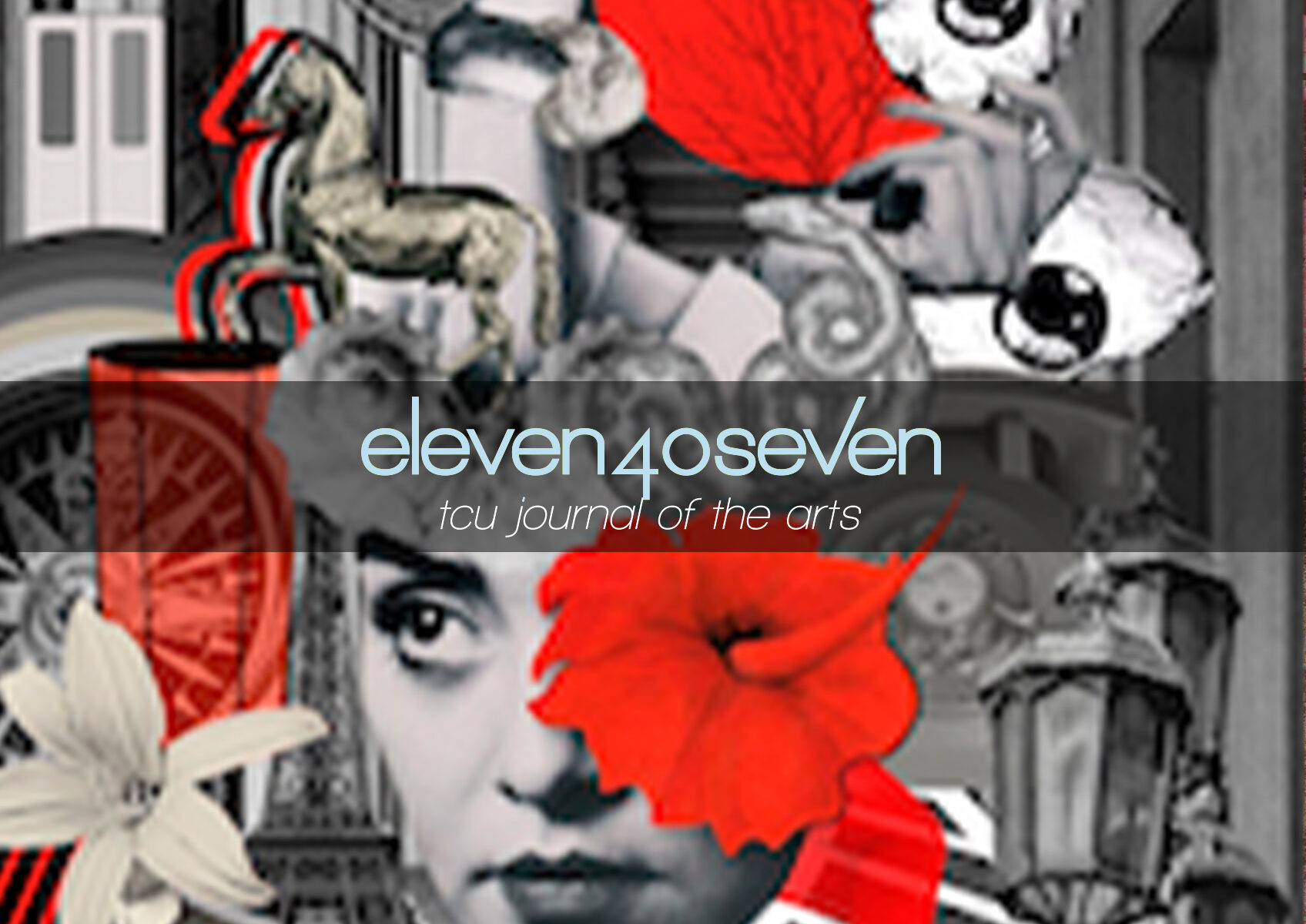By: Brittany Bunzey
I convinced my parents when I was around seven-years-old that I was afraid of the dark. I convinced them that in order for me to fall asleep, I needed them to leave the closet light on, and every night, after they left my room, I’d slide out of my bed, pull out my book, and sit in the thin wedge of light provided by my cracked closet door and embark on an adventure until either the book was finished or my eyes could barely stay open any longer. I think this deeply rooted love of literature is what caused me to not only appreciate the story in the novel, The Librarian of Auschwitz by Antonio Iturbe, but also to relate to the main character, Dita.
This novel sits right on the line of creative nonfiction and fiction as all the events in the novel happened and the characters are all real people (most with altered names, however), but the dialogue and thoughts are very much imagined, thus earning its fictional classification. Ever since I was little, I was fascinated by the idea of historical fiction set in World War II, so when I heard about this novel, I found myself determined to read it. It was only a plus that it gave me an “I” for my bookshelf.
I found myself enraptured from the beginning. It wasn’t like other books I’ve read where I get completely and utterly lost in the story. No, it was one where I found myself finding someone who loved books as much as I did and risking her life to guard the smallest library in history, one in the Birkenau Family Camp. Dita loved books more than her life itself, and she risked everything she had just to protect the six books that they kept to teach the younger Jewish children in the camp.
The book had small quotes that hit me in big ways about the love for books that Dita had. She held them in reverence. One of my favorite quotes read, “A book is like a trapdoor that leads to a secret attic: you can open it and go inside, and your world is different.” I loved the way this quote took something that I did every day and gave me a new way to look at it, or at least put words to what I had desperately wanted to explain to others.
My other favorite quote from the novel expresses exactly why I wanted to write this review. It reads, “She smiles again at the thought of all those pages. Since then, she has discovered that her life can be made much more profound, because books multiply your experiences and enable you to meet people…” Because of this novel, I got to meet Dita. It multiplied my experiences, and it made my life more profound, putting into words things that I had felt, but it also taught me more about the experiences of others in a way that informed me more about the thoughts and feelings that those who lived through the concentration camps had.
I’d like to say that I was like Dita, but I have no idea if I’d do the same thing if I were in her shoes. What I do know is that there’s something to learn from this book. It takes our world and it opens it up to be just a bit larger, and I am better because of it. Read a good book, let it make you think. After all, “Books are extremely dangerous; they make people think.”
